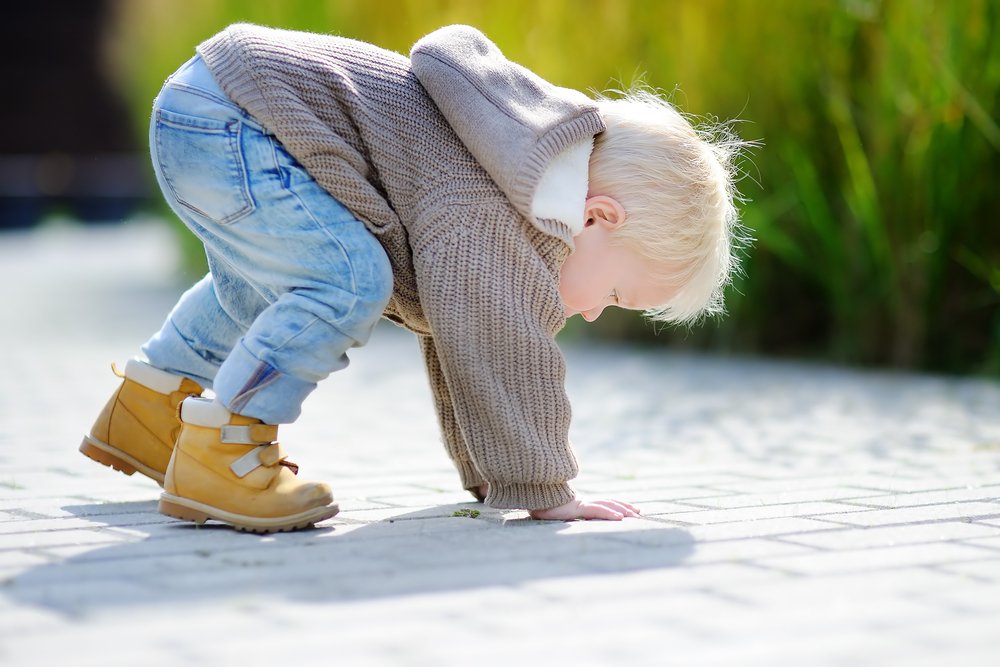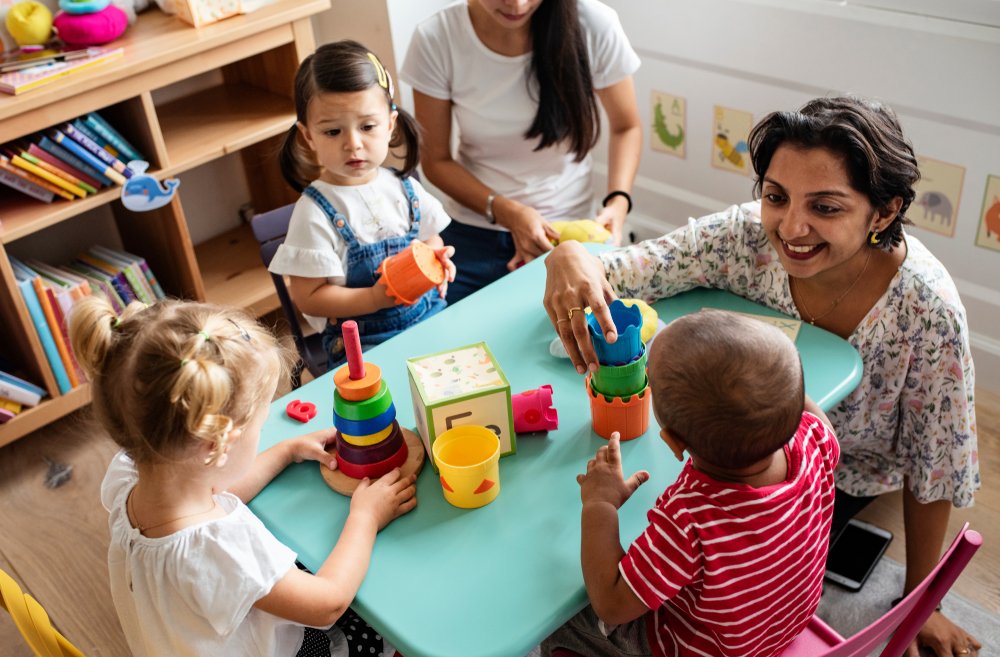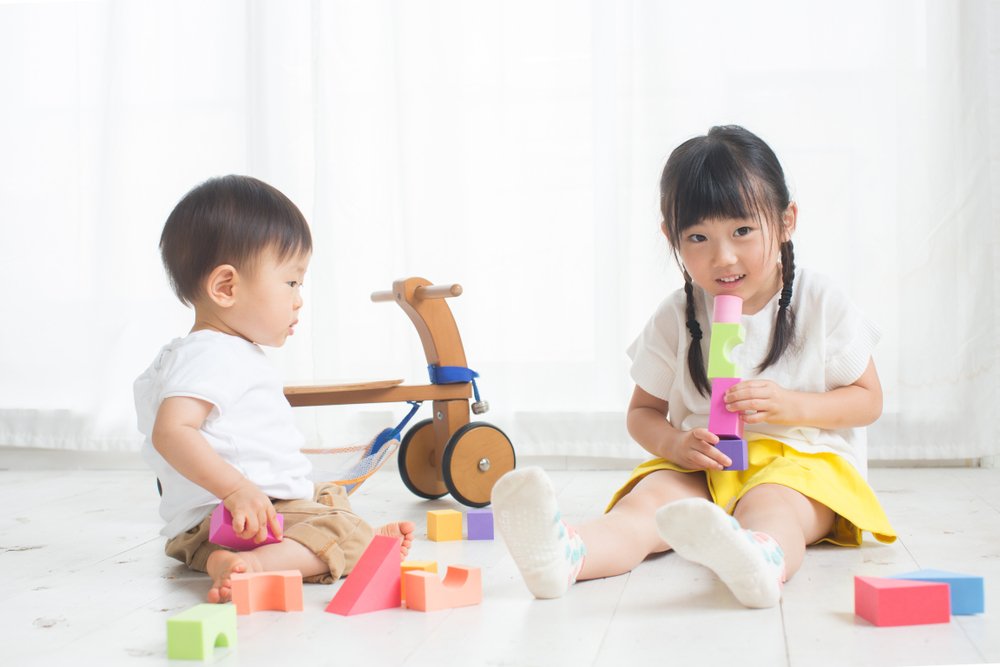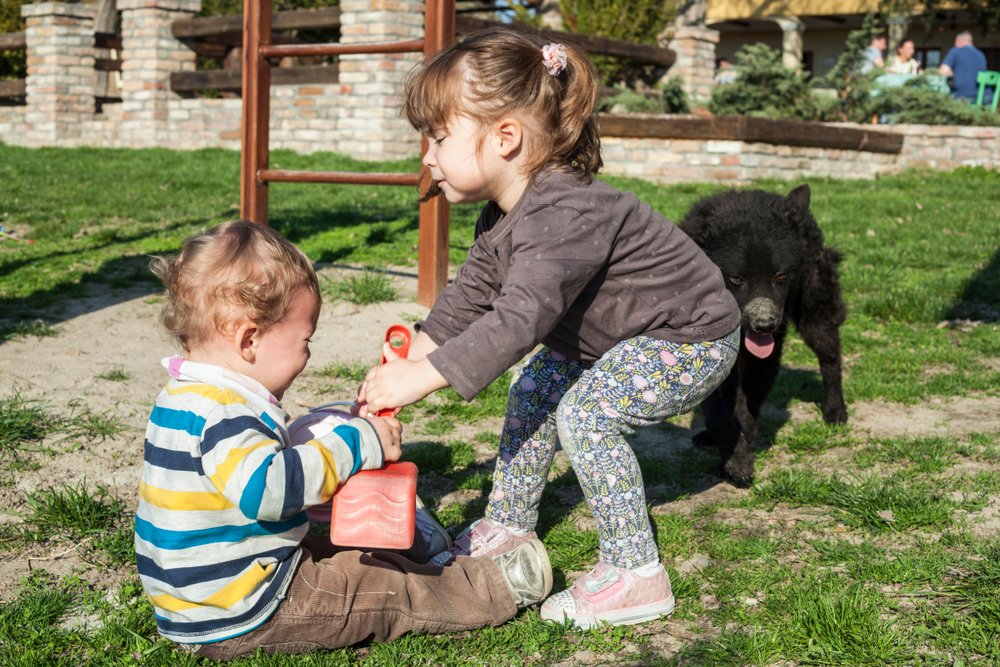
What’s behind a resilient child?
Key points: 1. Supportive relationships with parents or caregivers are crucial for promoting resilience in children. 2. Resilience involves a…
[cat_cust_menu]

Key points: 1. Supportive relationships with parents or caregivers are crucial for promoting resilience in children. 2. Resilience involves a…

Key points: 1. Literacy involves more than just reading; it includes writing, learning, comprehension, and spelling. 2. Early literacy development…

Key points: 1. Routines foster self-control by providing children with a sense of security and predictability. 2. They promote positive…

Key points: 1. Mindfulness practices improve behavior and focus, benefiting children’s language development. 2. Belly breathing helps children calm down…

Key points: Analogical reasoning is an advanced skill essential for human thinking. Children develop analogical reasoning through knowledge and executive…

Key points: 1. Self-regulation is vital for healthy relationships and involves managing emotions, cooperating, handling frustration, and resolving conflicts. 2….

Key points: 1. Prioritize quality family time to build better habits and accomplish goals together. 2. Encourage better sleep routines…

Key points: 1. Early education can foster fairness in children, leading them to treat others fairly even at personal cost….

Key points: Parents are often overloaded during the winter holidays and it’s important to set reasonable expectations and prioritize what’s…

Key points: Reading winter-themed books with touch and feel elements is a great way to expose 1-2 year olds to…

Key points: Emotional and social development is just as important as physical, linguistic, and cognitive development for children’s overall well-being…

Key points: Recent studies highlight the importance of children’s right to be heard in matters that affect them. Children are…

Key points: Babies begin to develop cause-and-effect thinking around seven months, when they learn that they can intentionally affect their…

Key points: Children build their self-esteem through experiences and nurturing their confidence. A is for Appreciation – pay attention to…

Key points: Adversity and stress in early childhood can have physical and chemical implications in the brain, damaging learning capacity…

Key points: Parents need to observe and analyze toddlers’ behaviors to understand what they are trying to communicate. Behavior patterns…

Key points: 1. The environment significantly influences a child’s genes and development from before birth. 2. Epigenetics explores how experiences…

Key points: 1. Expressing gratitude leads to being compassionate, generous, happy, and healthy. 2. Nurture gratitude in children by modeling…

Key points: 1. Books prepare kids for school and encourage communication. 2. “The Pout-Pout Fish Goes to School” and “The…

Key points: 1. Limit screen time for kids (2-5 years). 2. Pack appropriate entertainment for the trip. 3. Engage in…

Key points: 1. Parents’ emotional state affects children, who absorb emotions from an early age. 2. Practicing mindfulness enhances awareness…
Subscribe to our newsletter and join Kinedu’s community